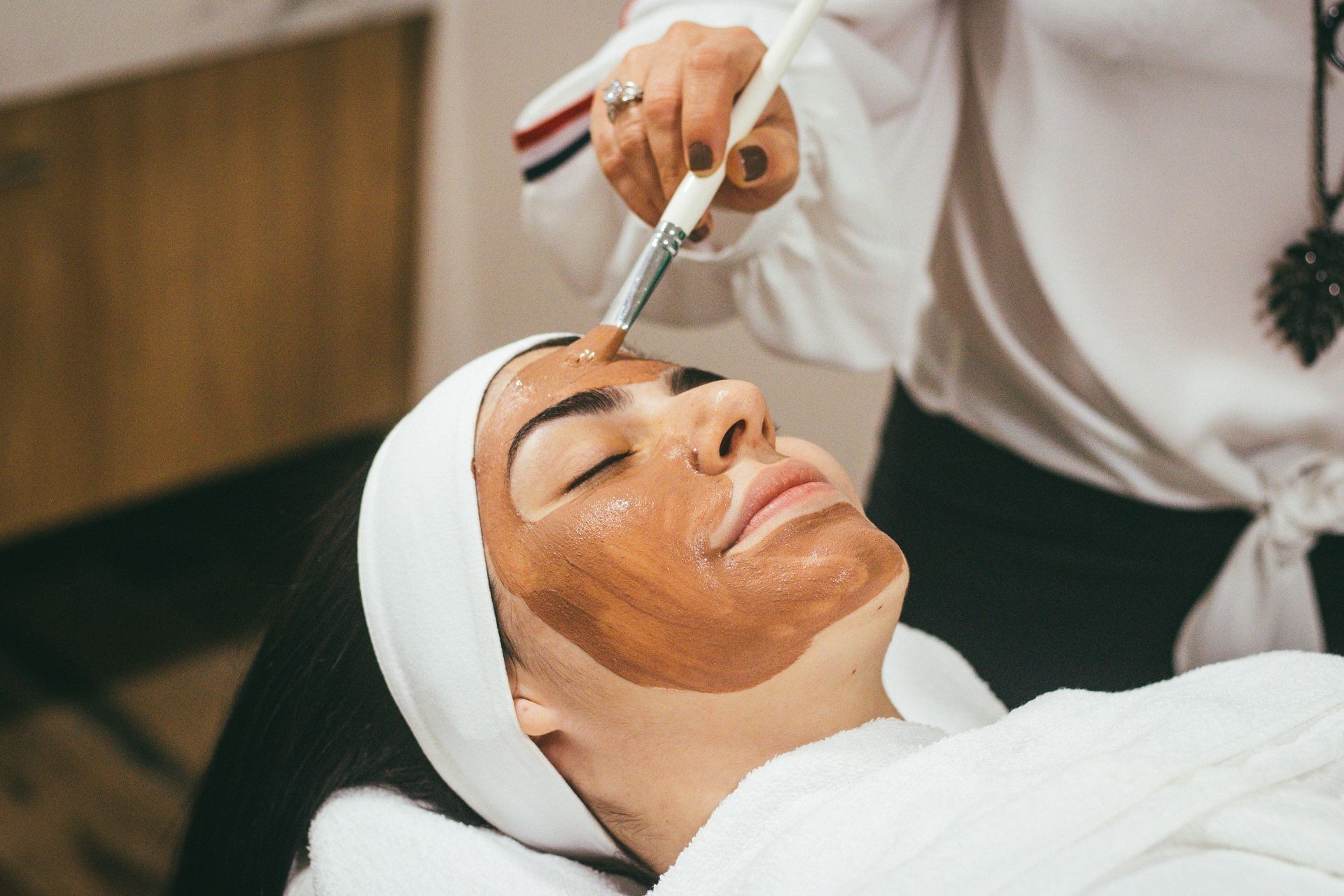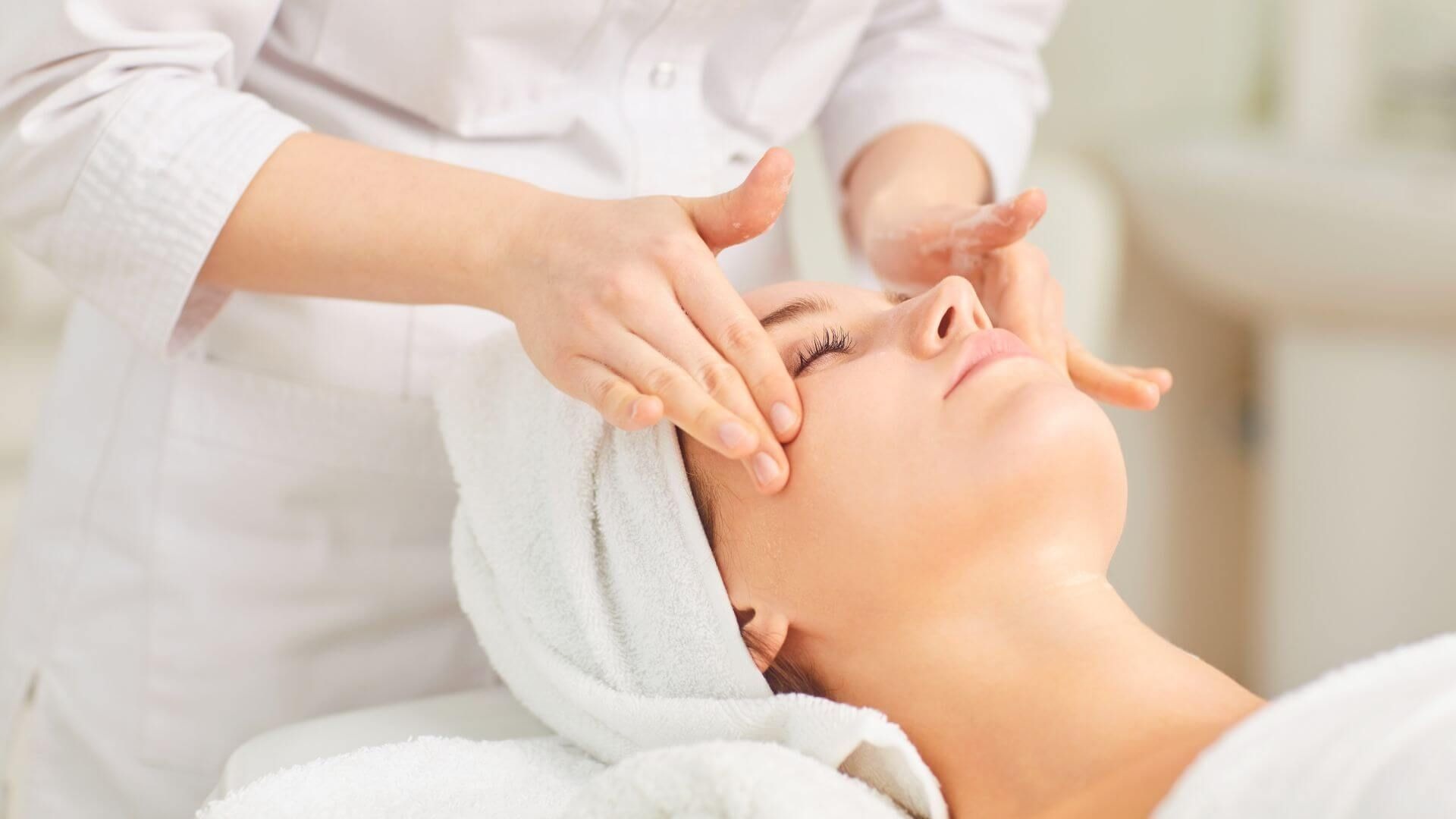
Daily Skincare Tips for Acne-Prone Skin: A Gentle, Effective Routine That Works
Daily Skincare Tips for Acne-Prone Skin: A Gentle, Effective Routine That Works
Acne is one of the most common skin concerns affecting people of all ages. Whether you’re dealing with occasional breakouts or persistent acne, having a consistent and gentle skincare routine can make a world of difference. If your skin is acne-prone, it’s not about using the most expensive products — it’s about using the right ones in the right way.
This guide will walk you through daily skincare tips for acne-prone skin, helping you build a simple, easy-to-follow routine that keeps your skin clean, calm, and clear — without the harshness.
Why Skincare Matters for Acne-Prone Skin
Your skin is your body’s largest organ and acts as a protective barrier. For acne-prone individuals, this barrier is often sensitive and reactive. Using the wrong products or skipping steps in your routine can clog pores, cause inflammation, and worsen breakouts.
But don’t worry — managing acne is not about perfection. It’s about consistency, simplicity, and care.
Step-by-Step Daily Skincare Routine for Acne-Prone Skin
1. Gentle Cleansing – Twice Daily
Cleansing is the first and most crucial step in any skincare routine. For acne-prone skin, using a gentle, non-comedogenic cleanser (meaning it won’t clog pores) is key.
Tips:
- Wash your face morning and night — no more, no less.
- Avoid scrubbing too hard — it can irritate the skin and worsen acne.
- Use lukewarm water, not hot. Hot water strips your skin of natural oils.
Product to look for: Gel or foam cleansers with salicylic acid, benzoyl peroxide (if recommended by a dermatologist), or tea tree oil.
2. Use a Balancing Toner (Optional)
A toner helps to balance your skin’s pH and remove leftover dirt or oil after cleansing. But for acne-prone skin, it’s important to choose alcohol-free, soothing toners.
Tips:
- Use toners with ingredients like witch hazel, niacinamide, or rose water.
- Apply with a soft cotton pad or clean hands.
- Avoid toners with alcohol, strong fragrances, or menthol — they irritate acne.
3. Apply Acne Treatment or Serum
This is the step where you target acne specifically. Depending on your skin type and acne severity, you can apply spot treatments or light serums.
Tips:
- For active breakouts: Use benzoyl peroxide or sulfur-based spot treatments.
- For overall skin improvement: Try a serum with niacinamide, azelaic acid, or salicylic acid.
- Apply only a thin layer, and give it time to absorb.
4. Hydrate with a Lightweight Moisturizer
Moisturizing is a must, even if you have oily or acne-prone skin. Skipping moisturizer can actually make your skin produce more oil.
Tips:
- Use a gel-based or water-based moisturizer.
- Look for “non-comedogenic” and “oil-free” on the label.
- Avoid thick creams or products with heavy oils like coconut oil.
Ingredients to love: Hyaluronic acid, ceramides, aloe vera, green tea extract.
5. Don’t Skip Sunscreen (SPF is Your Friend)
Sun exposure can darken acne scars and cause irritation. Every morning, apply sunscreen — even if you’re indoors most of the day.
Tips:
- Use a broad-spectrum SPF 30 or higher.
- Look for zinc oxide or titanium dioxide sunscreens — these are better for sensitive skin.
- Avoid greasy, fragranced sunscreens.
6. Nighttime Is Recovery Time
At night, your skin goes into repair mode. Stick to the same gentle cleansing routine, and consider adding a calming or acne-fighting serum.
Bonus Tip:
- Use retinoids (like adapalene) at night to promote skin renewal — but start slow, and only if your skin can tolerate it.
Extra Tips for Clearer Skin
Keep Your Hands Off Your Face
Touching your face can transfer oil and bacteria, triggering breakouts.
Change Pillowcases Often
Dirty pillowcases can harbor oil and bacteria — aim to change them 2-3 times a week.
Stay Hydrated and Eat Balanced
Your skin reflects your internal health. Drink enough water and avoid overloading on sugary, greasy foods.
Don’t Overdo It
More products don’t mean better results. Stick to a simple, consistent routine.
Be Patient
Skin improvements take time — often 4–6 weeks before you see major changes. Stay consistent and gentle.
Common Mistakes to Avoid
- ❌ Using harsh scrubs or physical exfoliants
- ❌ Over-washing your face
- ❌ Skipping moisturizer
- ❌ Trying too many new products at once
- ❌ Popping pimples — this causes scarring and spreads bacteria
Best Natural Ingredients for Acne-Prone Skin
- Tea Tree Oil – Natural antibacterial and anti-inflammatory
- Aloe Vera – Soothes redness and heals irritated skin
- Honey – Natural antibacterial; great for calming flare-ups
- Green Tea Extract – Reduces oil and calms inflammation
- Witch Hazel – Tightens pores and reduces excess oil (in moderation)
When to See a Dermatologist
If your acne is painful, cystic, or leaves scarring, it’s time to see a skin specialist. They can prescribe treatments like:
- Topical retinoids
- Antibiotics
- Hormonal therapy
- Oral medications like isotretinoin (Accutane)
Remember: Your acne does not define your worth.
FAQs About Skincare for Acne-Prone Skin
1. Can I use oil-based products if I have acne-prone skin?
It depends. Most oil-based products should be avoided, but non-comedogenic oils like jojoba or rosehip oil can sometimes help balance the skin. Always patch test first.
2. How often should I exfoliate acne-prone skin?
Once or twice a week using a chemical exfoliant like salicylic acid. Avoid scrubbing with physical exfoliants — they can irritate and inflame your skin.
3. Is it okay to wear makeup daily with acne-prone skin?
Yes, as long as you use non-comedogenic, oil-free makeup and remove it thoroughly every night. Never sleep with makeup on!
4. Can stress cause acne breakouts?
Absolutely. Stress can trigger hormonal changes and inflammation, leading to breakouts. Practicing mindfulness, sleep hygiene, and stress-reducing habits can help.
5. What’s the best quick remedy for a pimple?
Use a benzoyl peroxide spot treatment or a pimple patch overnight. They help reduce swelling and prevent bacteria from spreading.
Final Thoughts
Acne-prone skin requires patience, love, and the right routine. By following these daily skincare tips for acne-prone skin, you’ll be giving your skin the calm and consistent care it needs to heal and glow. Focus on gentle products, healthy habits, and staying consistent — your skin will thank you.
Sign up with your email and always get notifed of zerodevicesnet Lifestyles latest news!




